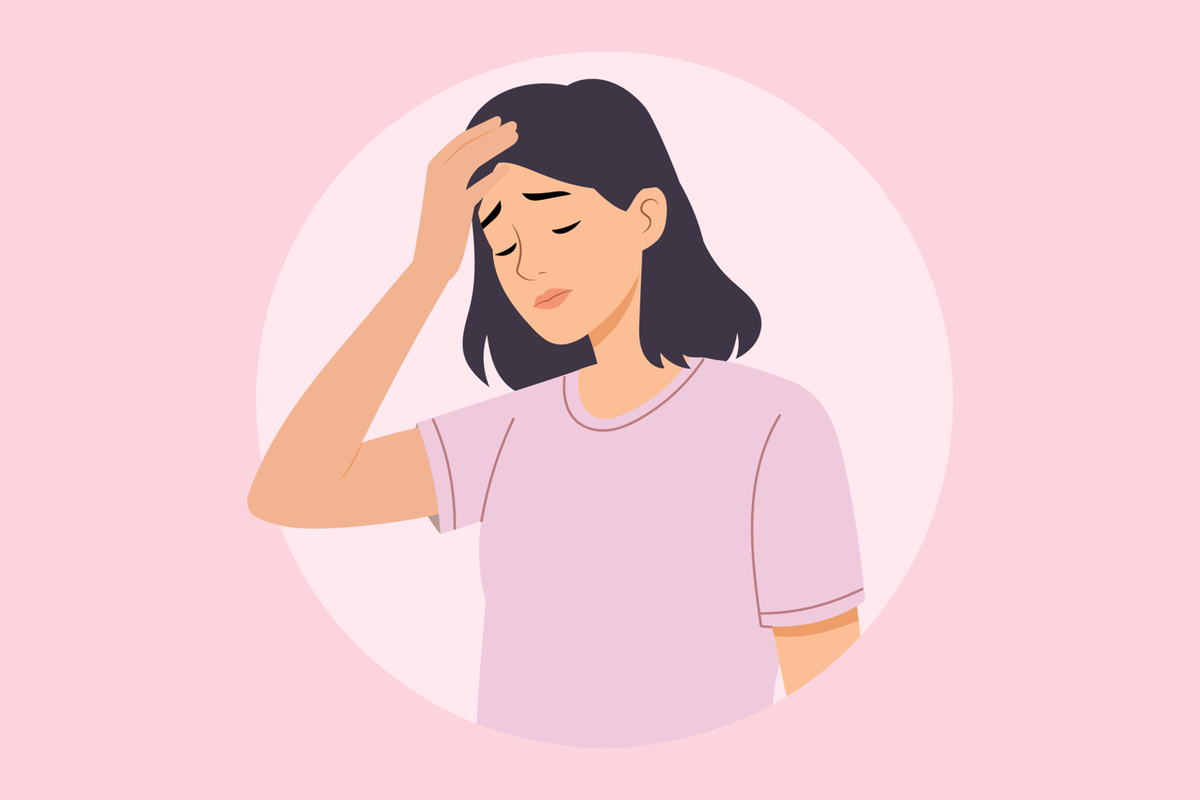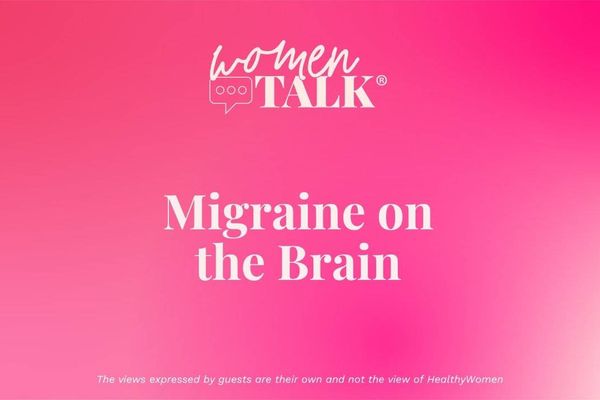June is Migraine and Headache Awareness Month.
Slide 1
Perimenopause and Migraine Disease
Find out how perimenopause symptoms can change your migraine attacks
Slide 2
Perimenopause can affect how you experience migraine disease
- You may have a migraine attack for the first time
- Your symptoms could get worse
- Your symptoms could get better
- There might be no change in your symptoms
Slide 3
Hormonal upheaval
During perimenopause, estrogen and progesterone go up and down.
These hormonal changes can trigger worse pain or more frequent migraine attacks.
For some women, when hormone levels even out during postmenopause, their migraine attacks happen less often or stop completely.
Slide 4
Sleep matters
Perimenopause symptoms such as hot flashes, waking up often, anxiety or depression can affect sleep quality.
Poor sleep can trigger migraine attacks.
Slide 5
Menstrual migraine
Some women experience heavier and/or more frequent periods than usual during perimenopause, which can trigger more attacks and more severe migraine symptoms.
2 out of 3 women with migraine disease experience attacks during their periods.
Slide 6
Take note
Keeping track of your perimenopause symptoms and how they affect your migraine attacks can help you and your healthcare provider (HCP) come up with a treatment plan that works for you.
Slide 7
Write down your perimenopause symptoms
Track whether any of the following symptoms affect how often you get migraine attacks and how bad they are.
- Anxiety
- Depression
- Difficulty concentrating
- Hot flashes
- Insomnia
Slide 8
Options for relief
There are many treatment options that can help manage migraine disease during perimenopause:
- Oral medications
- Triptans taken with non-steroidal anti-inflammatory drugs (NSAIDS)
- CGRP blockers
- Injectable medications
- Nasal sprays
- Magnesium
- Hormone therapy
Slide 9
Hormone therapy may help
Hormone therapy:
- Replaces estrogen that’s lost during perimenopause
- May help stop migraine attacks that are triggered by hormonal changes
- Is safe and effective
Slide 10
Involve your HCP
If you're in perimenopause and your migraine symptoms are changing, talk to your HCP about what treatment options might help.
This educational resource was created with support from Pfizer.






